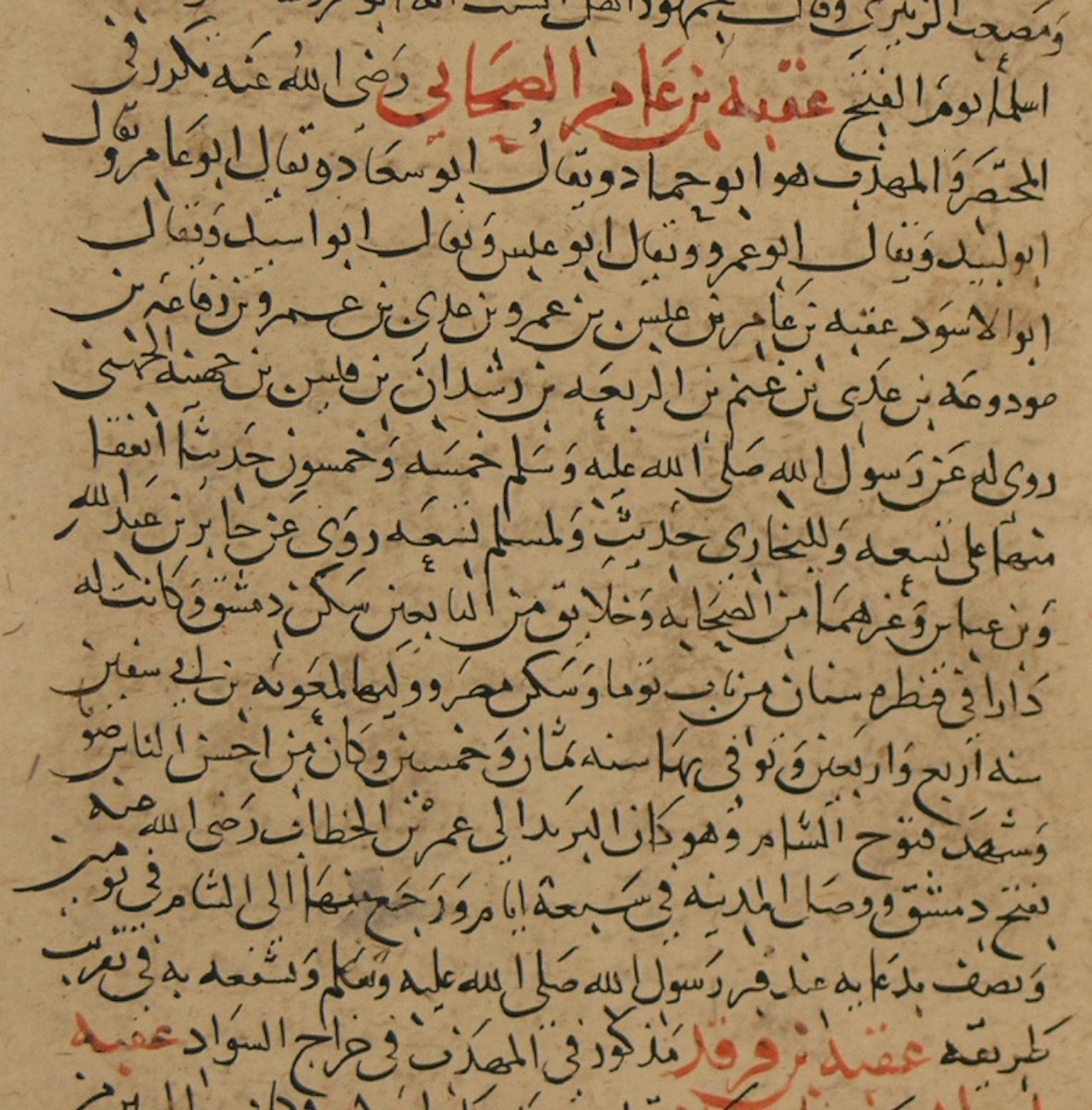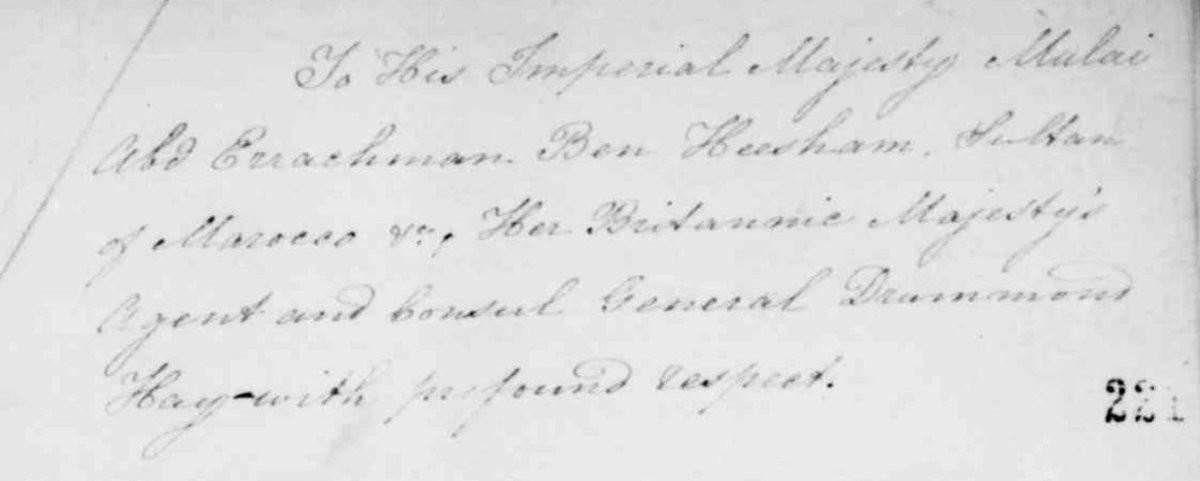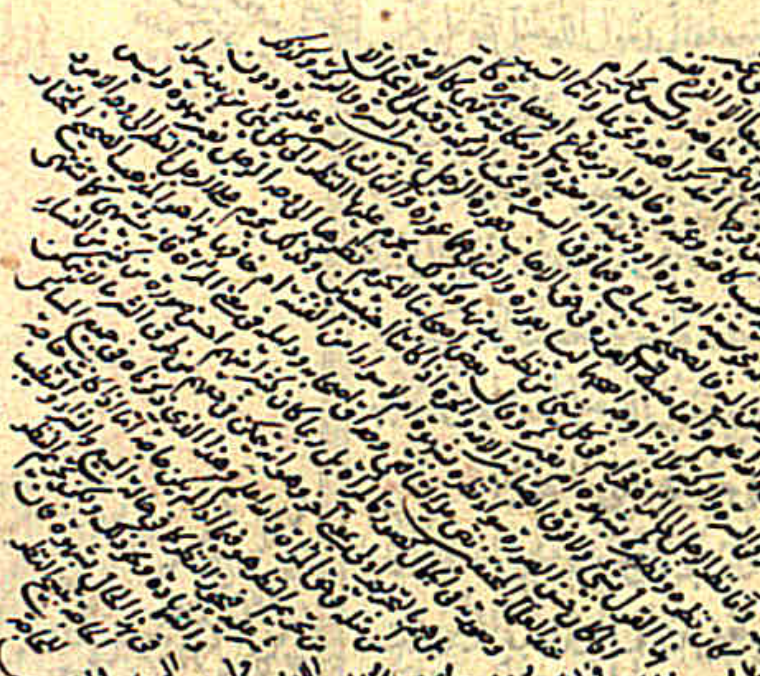
Imām Nawawī on seeking intercession of RasūlAllāh ﷺ at his blessed grave
The famous scholar Imam Yaĥyā Ibn Sharaf al-Nawawī al-Shāfiýī [631-676 AH / 1233-1277 CE] encouraged visitors to seek intercession of RasūlAllāh ﷺ, something considered Shirk and Bidáh by Najdī Wahābīs.

The famous scholar Imam Yaĥyā Ibn Sharaf al-Nawawī al-Shāfiýī [631-676 AH / 1233-1277 CE] encouraged visitors to seek intercession of RasūlAllāh ﷺ, something considered Shirk and Bidáh by Najdī Wahābīs.


He writes in Kitāb al-Majmūú:
Then he should return to his first standing place, facing the direction of RasūlAllāh ﷺ and make tawassul by him with regard to himself, and seek intercession by him to His Lord subhānahū wa táālā, and from the best of what he can say is what was
Then he should return to his first standing place, facing the direction of RasūlAllāh ﷺ and make tawassul by him with regard to himself, and seek intercession by him to His Lord subhānahū wa táālā, and from the best of what he can say is what was
reported by Māwardī, Qādī Abū Tayyib, and all of our companions from Útbī, considering it good, he said:
“I was sitting near the grave of RasūlAllāh ﷺ, then came a bedouin, he said, ‘Peace be upon you Yā RasūlAllāh, I heard Allāh saying, “And if they, when they have wronged
“I was sitting near the grave of RasūlAllāh ﷺ, then came a bedouin, he said, ‘Peace be upon you Yā RasūlAllāh, I heard Allāh saying, “And if they, when they have wronged
their own souls, come humbly to you and seek forgiveness from Allāh, and the Rasūl intercedes for them, they will certainly find Allāh as the Most Acceptor Of Repentance, the Most Merciful”, and I have come to you,seeking forgiveness for my sins,
seeking intercession by you to my Lord, then he began to say:
O the best of those whose bones were buried in the plains,
Then from their pleasantness was made pleasant the plains and hillocks,
O the best of those whose bones were buried in the plains,
Then from their pleasantness was made pleasant the plains and hillocks,
My life be sacrificed for the grave you are an inhabitant of,
In it is virtue, and in it is generosity and munificence.’
Then he departed and sleep overcame me, I saw Nabī ﷺ in my sleep and he said,
In it is virtue, and in it is generosity and munificence.’
Then he departed and sleep overcame me, I saw Nabī ﷺ in my sleep and he said,
‘O Útbī, follow the bedouin and give him glad tiding that Allāh táālā has indeed forgiven him.’”
Thus we see he not only accepted the narration of Útbī, but considered it the best, and mentioned it has been praised and accepted by many other scholars.
Thus we see he not only accepted the narration of Útbī, but considered it the best, and mentioned it has been praised and accepted by many other scholars.
This is certainly true, as we see many scholars of all four madh'habs mentioning this in the books of fiqh in the chapter of visiting the blessed grave.
Therefore, they would all be promoting shirk and bidáh.
The couplets remain inscribed in Masjid al-Nabawī till this day.
Therefore, they would all be promoting shirk and bidáh.
The couplets remain inscribed in Masjid al-Nabawī till this day.

He writes in Tahdhīb al-Asmā'a wa'l Lughāt, regarding the Sahābī Úqbah ibn Áāmir, may Allāh be pleased with him:
“He witnessed the conquest of the Levant [shām], and he was the messenger to Úmar ibn al-Khattāb, may Allāh be pleased with him, regarding the conquest of Damascus.

“He witnessed the conquest of the Levant [shām], and he was the messenger to Úmar ibn al-Khattāb, may Allāh be pleased with him, regarding the conquest of Damascus.


He reached Madīnah in seven days, and he returned from it to the Levant in two and a half days due to his prayer [duáā] at the grave of RasūlAllāh ﷺ, and his seeking intercession through him, regarding the drawing near of his path.”
Here we see he considered this to be from the actions of the noble companions, may Allāh be pleased with them. Wahābīs usually label such things as grave-worship and turning the grave into a masjid, yet we see Imām Nawawī holds this to be a correct practice of a Sahābī.
In the same book he writes regarding the Zāhid, Imām Nasr ibn Ibrāhīm al-Maqdisī:
“His grave is at Bāb al-Saghīr besides the graves of Muáāwiyah and Abū Dardā'a, may Allāh be pleased with them, many people visit it and pray [duáā] near it, and we have heard the Shaykhs saying,

“His grave is at Bāb al-Saghīr besides the graves of Muáāwiyah and Abū Dardā'a, may Allāh be pleased with them, many people visit it and pray [duáā] near it, and we have heard the Shaykhs saying,


Prayer is accepted near it on Saturdays, may Allāh be pleased with him.”
It is surprising that Najdīs shy away from even calling him an Ashárī whereas they should be calling him a qubūrī and innovator. In fact, some extreme khawārij have accused him of shirk due to these things.
It is surprising that Najdīs shy away from even calling him an Ashárī whereas they should be calling him a qubūrī and innovator. In fact, some extreme khawārij have accused him of shirk due to these things.

It is upon the Najdīs now to either leave accusing Ahl al-Sunnah of shirk and bidáh for doing the exact same things Imām Nawawī permitted and encouraged, or to also label him with the same labels and accusations as these extreme khawārij have done.
Regarding the encouragement to seek intercession at the blessed grave, see:
Regarding duáā to Allāh at graves of the pious, see:
https://twitter.com/IbneKhan01/status/1283146112862425090
https://twitter.com/IbneKhan01/status/1320909575533506560
Regarding duáā to Allāh at graves of the pious, see:
https://twitter.com/IbneKhan01/status/1353963504915656704
https://twitter.com/IbneKhan01/status/1355345923040305154
References:
1. Kitāb al-Majmūú, vol. 8, pp. 256-257.
2. Tahdhīb al-Asmā'a wa'l Lughāt, vol. 1, pg. 336.
3. Ibid, vol. 2, pg. 126.
1. Kitāb al-Majmūú, vol. 8, pp. 256-257.
2. Tahdhīb al-Asmā'a wa'l Lughāt, vol. 1, pg. 336.
3. Ibid, vol. 2, pg. 126.
• • •
Missing some Tweet in this thread? You can try to
force a refresh


























